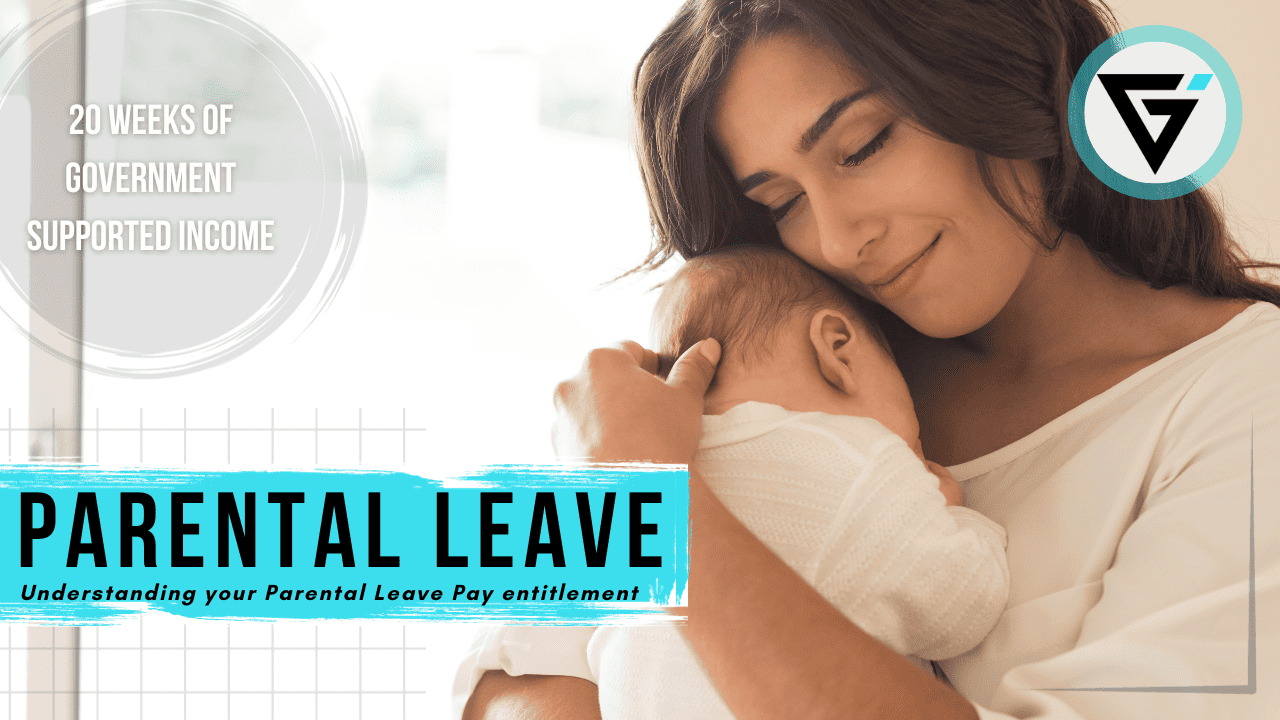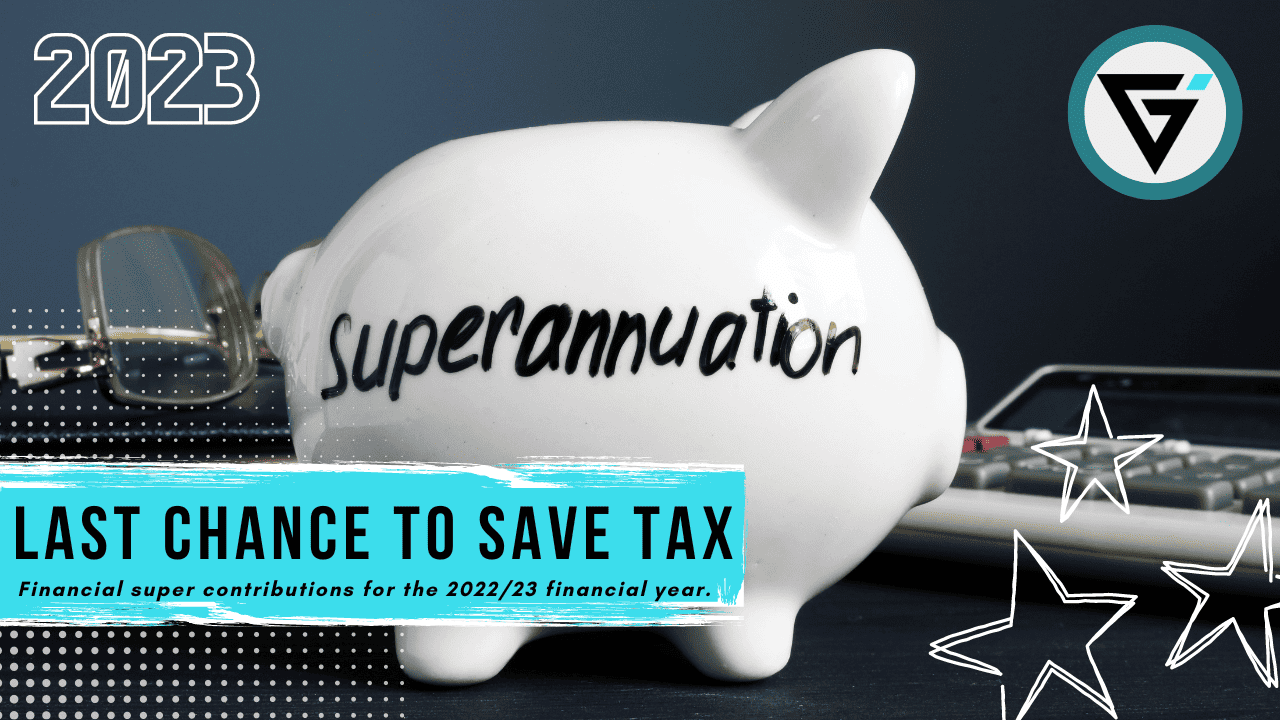There’s no doubt about it, life is getting expensive! Inflation in Australia is currently running at 6.1% which has seen the cost of everyday items increase substantially. Anyone that has bought an $11.99 iceberg lettuce[1] recently can attest to this.
Also, if you’re a homeowner with a mortgage, the pinch is even harder. Since April, interest rates have increased by 2.25%. On a $500,000 loan with a 25-year loan term and a starting interest rate 2.5%, the minimum repayment has increased by a whopping $608 per month and I fear there are another couple of rate rises in the barrel for this year.
If you have been on a fixed mortgage, you haven’t felt this pinch yet but be warned – it’s coming. Majority of fixed loans with sub 3% interest rates will expire in the next couple of years and the current fixed rates aren’t nearly as competitive.
The increase in interest rates is by design. It sounds a little backwards but by increasing interest rates the Reserve Bank of Australia is purposefully adding to the cost-of-living pressures.
The idea is that higher interest rates cause people to allocate more money to their mortgage and other variable loans, leaving them with less money to spend which reduces demand for goods and services. A reduction in demand should help to ease inflation.
The unfortunate part of all this is the people on low to middle incomes will suffer the most. If you already have very little savings capacity, and the price of everything keeps rising, then what are your options?
The good news is, there are a few options (not all of them easy) and in today’s blog I want to take you through five of them. The first few are fairly mainstream, but the final ones you may not have thought about.
Option 1 – Earn more
When everything around you is getting more expensive, earning a little bit extra is going to help. The increase in earnings will offset the increase in prices.
Now for a lot of people, the thought of earning more can seem unrealistic, but this simply isn’t true. You need to remove that barricade in your brain that is telling you your earnings potential is capped and remember that we are all self-employed.
On the surface, that statement “we are all self-employed”, might seem a little stupid but bear with me.
As an employee it is generally accepted that you have little control over your level of income as this is set by your employer however, this is simply not true.
Your income is a representation of the skill’s you possess, your tenacity and your willingness to work hard. Sometimes there is also an element of luck involved, but we can’t rely on luck so let’s take that out of the equation.
Even though, as an employee, there is a third party paying you, all of the factors that make up a good income are in your control. It is incumbent upon you to build the skills, education, training and work ethic that are required to demand a higher salary.
So instead of seeing yourself as an employee, see yourself as a contractor – you are the sole asset of your own business, and your employer is the client. To generate revenue in your business, you rent out your time and expertise in return for a fair salary.
As your skills and experience progress, your time becomes more valuable. The more you know and the more capable you are, the more you are worth to an employer. This allows you to demand a higher wage. If your current employer is not willing to pay you what you are worth, move on and find someone that will.
At the moment, our unemployment rate in Australia is sitting at 3.5%[2], the lowest it’s ever been. This creates a massive opportunity to find an employer that will pay you your worth.
Now there is a difference between thinking you are worth more and knowing you are worth more. If you go into work every day, apply the minimum amount of effort to receive your paycheck, then it is unreasonable to expect that you are worth any more than your current salary. You have to be proactive.
Instead of doing the minimum, do extra. Build your skills further, put in that extra effort, make yourself more valuable. If you do these things, then you can generally say with certainty that yes, you are worth more. You have built the foundation necessary to open this conversation with your current employer or move on to someone else who realises that value.
Option 2 – Spend less
If earning more sounds too hard, then you can flip the coin and create surplus cash flow by spending less instead.
In life we tend to spend a lot of money on goods and services that are non-essential, the discretionary items, and I am not here to tell you that you shouldn’t have discretionary spending. Spending money on wants helps to make a more enjoyable life. However, your expenditure needs to be prioritised.
There is a level of discretionary in our lives that I think makes a big difference. But overdo it, and you will get diminishing returns in terms of the amount of additional enjoyment it brings to your life.
For example, there was a time in my life when I was buying lunch out almost every day. This was fun to start with because where I worked there were plenty of delicious food options, but it soon became monotonous. I found myself just buying lunch to fill my belly and getting very little pleasure out of it.
Now days, I rarely buy lunch out. It’s cheaper and healthier for me to make my own meals. However, when I do go out for lunch now, I enjoy it because it’s become a treat again. I am not overindulging.
Find those discretionary items in your budget, work out which ones are bringing little enjoyment to your life, and cut them back.
If you don’t have a budget to work off, then your first step is to create one. You can find a budget template on my website labelled “Wealth Tracker” which will do the job nicely. Once you have your budget you then need to structure your accounts properly to make it easy to stick with. My last blog post was a deep dive into account structuring so have a read of that one.
Option 3 – Substitute
Option 3 could have been tied in with Option 2 however I thought it was meaningful enough to give it is own segment. Option 3 involves substituting.
In life we have options, and plenty of them! In times like these we can use our freedom to make choices that save us some much-needed money.
The best bit about substitution is that you are not going without. You might not be getting your first choice, but the backup can normally do a pretty good job of fulfilling your need or want. Let me give you three examples of some substitutions that can make a meaningful difference to your budget:
- Netflix instead of cinemas – who doesn’t love a good movie night! However, going to the cinemas is probably going to set you back at least $20 per ticket and $50 for popcorn (that’s obviously an exaggeration but the cost popcorn at the cinemas is eyewatering). Instead, a Netflix subscription is going to cost $15 for a month and $5 for microwave popcorn.
- Chicken instead of steak – red meats are significantly more expensive than white meat and your cardiologist will probably tell you its also better for your health. While you’re at it, throw a few extra veggies in the mix because again they are cheaper (with the exception of iceberg lettuce) and also healthier.
- Run around the park instead of the gym – if you have a gym membership and the primary piece of equipment you use is the treadmill, then dare I say it’s not worth it! Spring has sprung so go outside, get some exercise and some fresh air while saving yourself some money.
Hopefully these examples are getting your creative juices flowing so you can make some substitutions in your budget to free up cash flow while still scratching that itch.
Option 4 – Pay out small debts
By eliminating debt, you eliminate the regular repayment which comes with it. This will in turn leave you with more cash flow.
It might sound difficult paying out debt when you already don’t have any surplus cash flow to throw it at it however, where there’s a will there’s a way. In this instance the way is… sell stuff!
By selling unused items such as bikes, game consoles, gym equipment, jewellery, clothing and anything else that you have bought at one point in your life but seldom use, you can start to build up cash.
You could even consider selling financial assets like shares or an investment property. Just be aware that if you sell these items, you are forgoing any potential future earnings on the investment. You will also need to consider if there are any capital gains tax implications and/or selling costs.
With the proceeds, you can make a lump sum repayment towards your debt. The intention in this scenario is to pay out the debt in full so you don’t have any future repayments. Given this, it may be best to focus on the smallest debts first, like a credit card, which you can wipe out completely.
Just be aware that depending on the loan you have, there may be early repayment penalties if you pay out a loan prior to the end of the loan period. From my experience, this can apply to a lot of car loans. This doesn’t necessarily mean that you shouldn’t do it, you just need to be aware of what the trade-off is.
By paying out debts in full you are essentially buying yourself more future cash flow. Personally, I love the idea of trading stuff I don’t use for more cash flow!
Option 5 – Refinance to a new 30-year loan term.
Staying with the theme of debt, if your budget is getting squeezed due to increasing repayments on your mortgage, and it’s not practical to pay out your mortgage in full, then you could consider refinancing to a new 30-year loan term. Let me give you an example.
If you have a $500,000 mortgage with an interest rate of 4.5% and a remaining loan term of 20 years, your minimum repayments will be $3,163 per month. If you kept the same interest rate but refinanced to a new 30-year loan term, your minimum repayment would drop by $630 per month to $2,533 per month.
If in the process of refinancing you can consolidate some of your smaller debts like credit cards or car loans and get a better interest rate than you are currently on, then this is going to help even more.
You could also combine Options 4 and 5 by selling items, using the proceeds from the sale of those items to make a lump sum repayment towards your mortgage, and then refinance the lower loan amount to a new 30-year term.
I just want to be very clear that this is not the best strategy to build wealth. This is simply helping you to free up cash flow. By refinancing to a new 30-year loan term, you will potentially be in debt longer which means that you will pay more in interest overall. Given this, I wouldn’t recommend this strategy unless you are getting desperate.
Also bear in mind, there are costs involved with refinancing. If this is a strategy that you are seriously considering, I would suggest you speak with a Mortgage Broker regarding your options.
Final thoughts
I hope these five tips to freeing up cash flow have helped you. The worst thing you can do is do nothing. You always have options in life and doing nothing is an option, but not a good one!
You don’t want to let the strain on your cash flow get so bad that you can’t meet your loan obligations. At best, this will leave you with a bad credit rating, at worst you could lose your house and / or have to file for bankruptcy.
I hope this blog has inspired you to get on the front foot and start doing what needs to be done today.
[1] https://www.theguardian.com/food/2022/jun/03/why-does-this-iceberg-lettuce-cost-1199-and-how-long-will-australias-high-vegetable-prices-last
[2] https://tradingeconomics.com/australia/unemployment-rate










